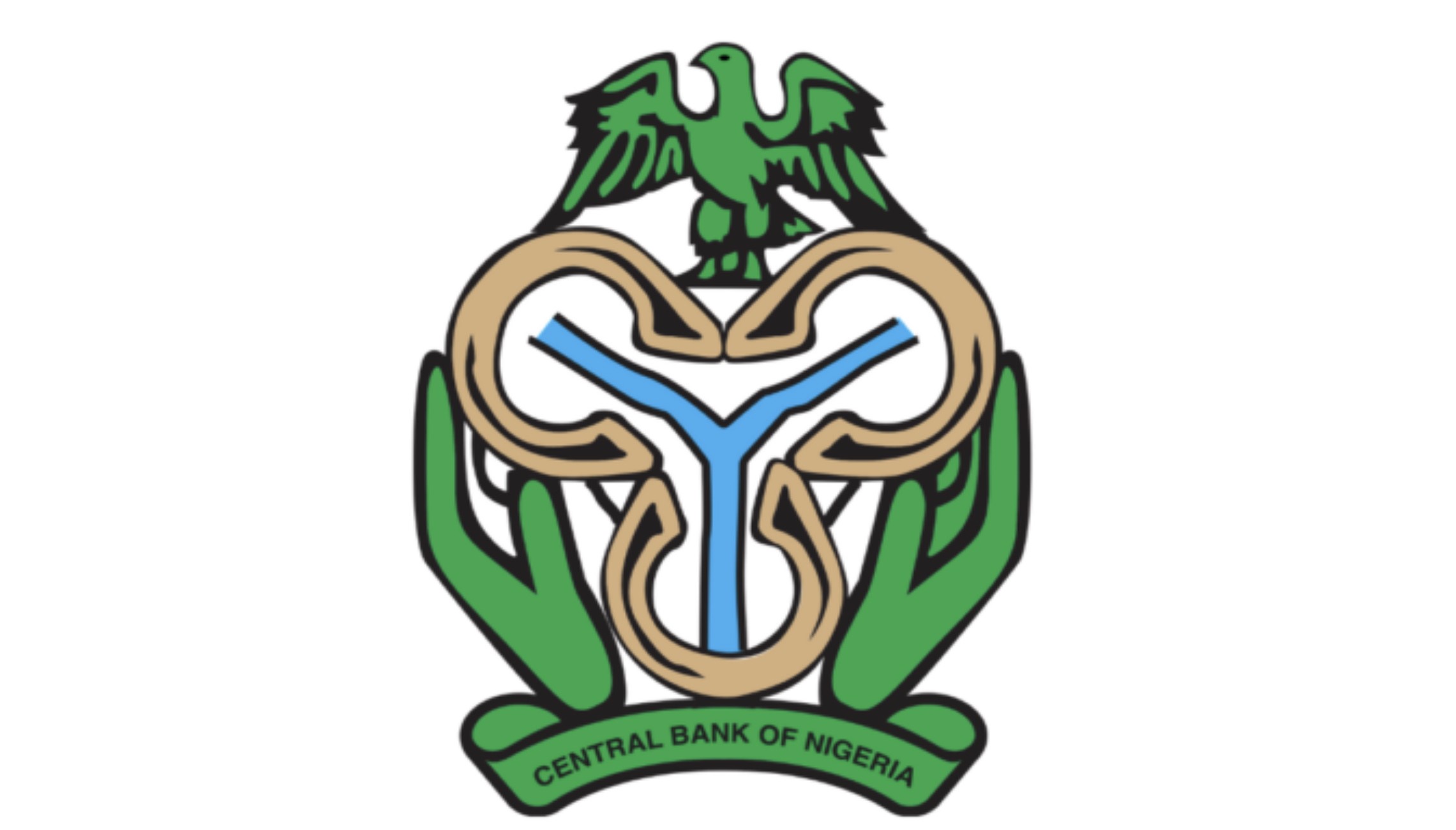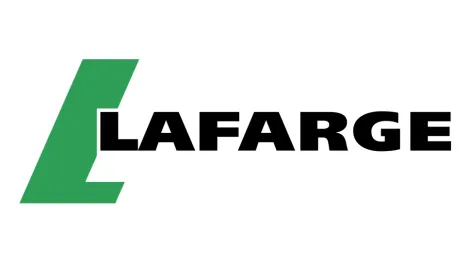The economy of Nigeria stands at a crucial decision point in its development. The Central Bank of Nigeria (CBN) uses interest rate policy as its main instrument to stabilise the economy because inflation remains high at 23.99% in May 2025, and the naira faces regular market volatility. Since 2022, the Central Bank of Nigeria (CBN) has implemented consecutive interest rate hikes that brought the Monetary Policy Rate (MPR) to 27.5% in May. This high-rate environment serves multiple macroeconomic goals. Every decision regarding lending, investment and online trading experiences an impact from the interest rate system.
The interest rate stands as the main instrument that controls inflation rates. Domestic prices in Nigeria experience pressure from domestic energy costs alongside import dependence and global commodity market variations. The Central Bank of Nigeria achieves this goal by increasing MPR, which increases borrowing costs and reduces credit market demand. Business expansion delays and consumer spending reductions lead to inflation control over time. The inflation control strategy shows positive results as headline inflation decreased from 30% in 2024 to 23-24% during recent months. The central bank achieves successful inflation expectation management because households and firms trust that the bank will maintain its policy stance, thus altering their actions.
High interest rates also underpin currency stability. The government security yield exceeds 25% which attracts both local and international investors to buy naira, thus increasing the currency’s demand. The increased capital inflows have enabled Nigeria to build up its foreign exchange reserves, which reached USD 38.9 billion in mid-May and represent about eight months of import costs. Stronger foreign exchange reserves help protect the Nigerian currency from speculative attacks and reduce the difference between the official and parallel exchange rates, which used to be above 20% but now show a significant reduction.
This high-rate strategy requires organisations to make important trade-offs. The 27.5% policy rate maintains positive real interest rates that help control inflation, but create difficulties for private sector borrowers to secure loans. Small and medium-sized enterprises struggle to obtain credit because of high interest rates, which makes it difficult for them to create jobs or innovate. Bank institutions might choose government securities over business lending because they are risk-free assets, which limit business access to capital.
Nigeria’s domestic bond market experienced a resurgence because of elevated interest rates. A strong onshore bond market strengthens financial structures, which promotes local asset savings while creating an option for replacing foreign borrowing. The local assets’ attractiveness serves as a protection mechanism for the currency because capital tends to stay within the country during stressful periods.
The full effectiveness of monetary policy is limited by fundamental structural issues which continue to exist. According to the Inflation Expectation Survey conducted by the Central Bank of Nigeria, high energy prices, together with exchange rate volatility and operational difficulties, affect businesses more than monetary policy actions. Rate hikes in price-driven inflation environments produce minimal effects unless they are accompanied by supply-side reforms. The Central Bank of Nigeria supports coordinated actions because efficient utilities and improved infrastructure, and targeted fiscal support programs through cash transfers can fight structural inflation when interest rates remain high.
The situation becomes more complicated due to external factors. Nigeria faces vulnerability to global oil price fluctuations because the IMF found that declining oil prices threaten both fiscal and external economic stability, so maintaining a tight monetary policy helps protect against external disturbances. Rate cuts before energy and FX uncertainty fade could lead to negative impacts on inflation expectations and currency depreciation.
The CBN might start implementing monetary easing in the second half of the year, provided inflation decreases to below 20% and worldwide risks decrease. Financial market actors observe inflation data together with foreign exchange reserve levels and exchange rate differences alongside government spending outcomes to determine the requirements for monetary policy change.
The Central Bank of Nigeria uses interest rates as its primary tool to influence the macroeconomy. The current policy rate of 27.5% functions as a strong indicator for both domestic and international parties that inflation management and currency stability stand as top priorities. The interest rate policy serves as the central component of Nigeria’s economic strategy because it controls inflation and maintains currency stability while deepening financial markets, even though it slows economic growth and restricts credit availability.












